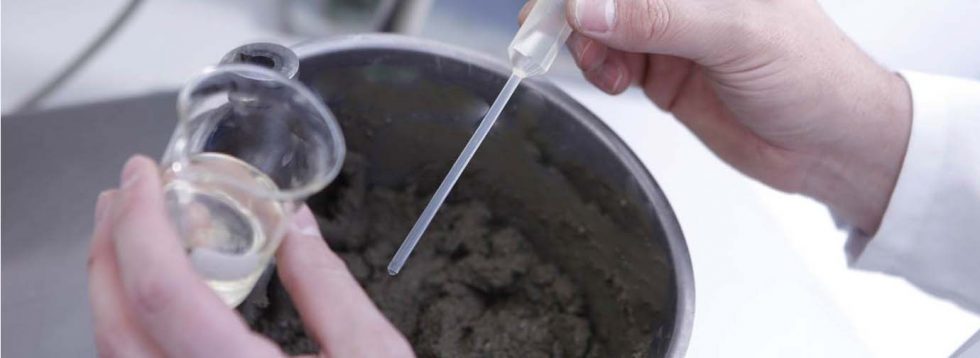Admixtures are increasingly common chemicals in the manufacture of concrete. Added at low doses during the preparation of concrete (admixtures represent less than 5% of the mass of the concrete), these products improve certain characteristics of this material (waterproofing or setting time for example). The different types of concrete admixture Malaysia that exist will allow you to obtain concrete with the specific characteristics you want to give it.
The main adjuvants are:
- Setting accelerator
- Hardening accelerator
- Setting delay
- Plasticizer
- Superplasitizer
- Air trainer
- Pigments
To improve the quality of the concrete mix, manufacturers use the introduction of all kinds of additives into its composition. Concrete admixtures improve many of the characteristics of the mixture used. Because of the change in composition, fighting to low temperatures and corrosion upsurges, curing time reductions, strength changes, etc.
Varieties of impurities
Each additive use to be accountable for definite possessions of the resulting mixture. In terms of superiority parameters, the classification into groups is accepted out as follows:
- Plasticizing (water-soluble drugs, stillage from sugar molasses);
- Air-entraining (sulfonol, wood resin);
- Set retarders (sodium ethylsiliconate, polyhydroxiloxane, molasses);
- Sealing (calcium nitrate, iron salts, ethylene glycol resins, aluminum sulfate,);
- Corrosion inhibitors (potassium and sodium dichromate, sodium nitrate);
- Gas-forming (aluminum powder, polyhydroxiloxane);
- Antifreeze (sodium and calcium chloride, sodium and calcium nitrate, urea) additives in concrete.
What are they used for?
The use of chemical additives use to be a simple, effective, affordable and way to recover the quality of concrete solutions. Their use is significant today, as use to be the main mechanisms.
Concrete admixtures are intended for:
- Achieving high performance properties of cement stone;
- Acceleration or retardation of hardening;
- Improved waterproofing;
- Increasing resistance to temperature extremes and frost;
- Elimination of the need for dosed supply of solution;
- Obtaining concrete with specified characteristics.
Types of concrete admixtures
Two types of concrete additives are there: liquid, powder. Mostly they use to affect the precise properties of the fresh mortar workability, the start of hardening.
Hardening accelerators and retarders are also important. Widespread concrete additives in this category use to be sodium sulfate, calcium chloride, calcium and sodium nitrates. Multicomponent formulations include: calcium nitrite-nitrate, calcium nitrite-nitrate-chloride. For more articles similar to this one, click here.
